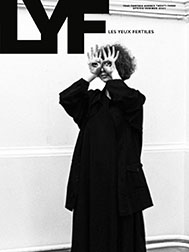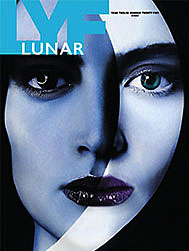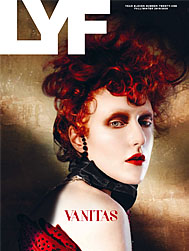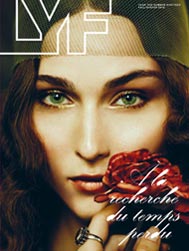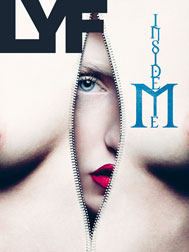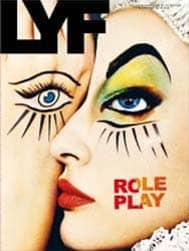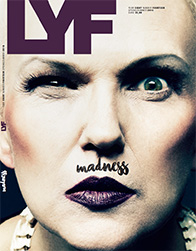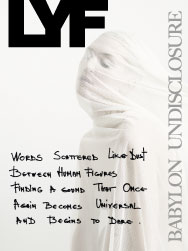Some time ago I found an old book by Marcel Proust that I had read at university: the title of the piece is ‘In search of lost time’ and I thought it would provide a great cue for the topic of this edition of LYF.
Have you ever opened one of your grandmother’s old wardrobes and breathed in the forgotten scents that take
you back to far away memories, hazy but still alive somewhere within you? Then your memories come back to you, imperceptibly, inevitably… our senses are magnificent conductors of forgotten experiences.
That is exactly what ‘In search of lost time’ is: an exploration through involuntary memories of each one of us, a trip back to a time that no longer exists but lingers within us as an internal time.
That lost time is our memory. Through it, we relive past moments that resurface thanks to smells, tastes, perceptions, objects and images.
It is the time of our childhood, lost youth, forgotten lovers, impressions and of the depth of human thought.
There comes a time, in each of our lives when we realize how quickly it has run away from us and how time is a river, running inexorably. What we have left behind doesn’t disappear. We are the result of what we have lived in our entirety. We are woven from our memories and it is important and sweet to retrieve their value, not
as nostalgia of what once was but as an enrichment of what is and what will be, to find our own ‘I’ in its true essence and hear its voice.
In every one of us lies ‘lost time’ and the search for it is a magical, absolute and fascinating journey…
I have already begun mine and I wish you all to experience your own.

“One day in winter, as I came home, my mother, seeing that I was cold, offered me some tea.
She sent out for one of those short, plump little cakes called ‘petites madeleines’. And soon, mechanically, weary after a dull day with the prospect of a depressing morrow, I raised to my lips a spoonful of the tea in which I had soaked a morsel of the cake. No sooner had the warm liquid, and the crumbs with it, touched my palate than a shudder ran through my whole body, and I stopped, intent upon the extraordinary changes that were taking place. An exquisite pleasure had invaded my senses, but individual, detached, with no suggestion of its origin. And at once the vicissitudes of life had become indifferent to me, its disasters innocuous, its brevity illusory…I had ceased now to feel mediocre, accidental, mortal. Whence could it have come to me, this all-powerful joy?
I was conscious that it was connected with the taste of tea and cake, but that it infinitely transcended those savours… Whence did it come?
What did it signify?
It is plain that the object of my quest, the truth, lies not in the cup but in myself. The tea has called up in me, but does not itself understand…
I put down my cup and examine my own mind. It is for it to discover the truth.
I place in position before my mind’s eye the still recent taste of that first mouthful, and I feel something start within me, something that leaves its resting-place and attempts to rise, something that has been embedded like an anchor at a great depth; I do not know yet what it is, but I can feel it mounting slowly; I can measure the resistance, I can hear the echo of great spaces traversed. And suddenly the memory returns…”
(Marcel Proust, In search of lost time – Swann’s Way)



